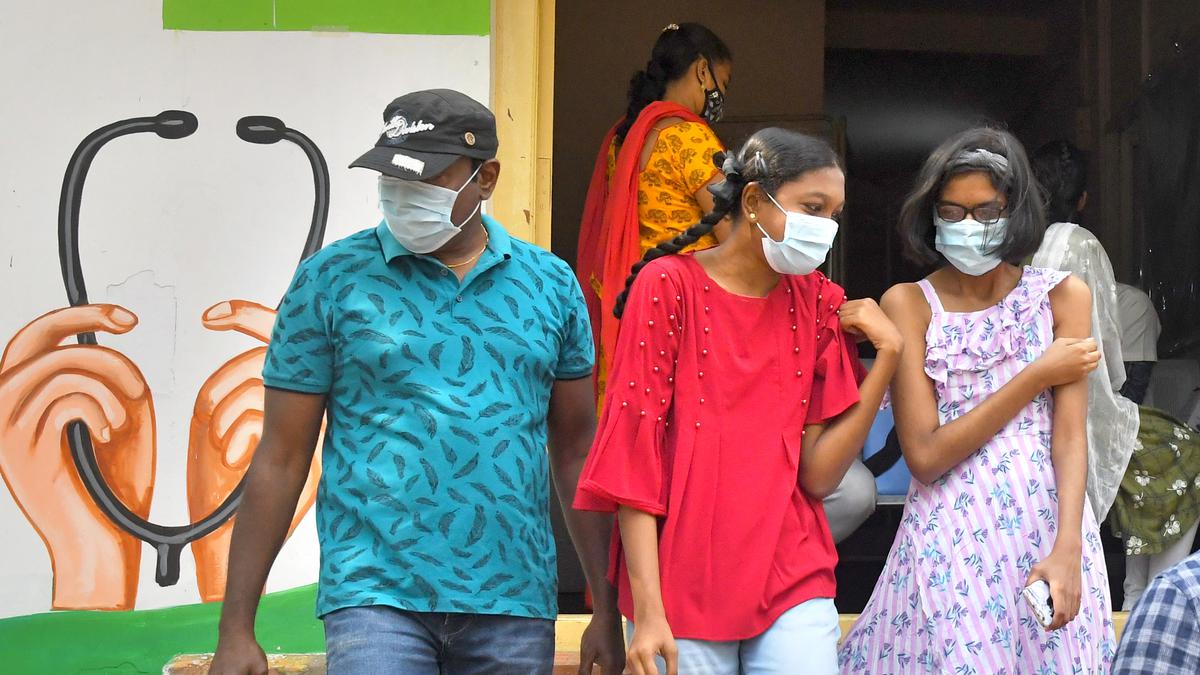
With new variant XBB1.16 making its way, COVID-19 is far from being called ‘over’, say experts
The Hindu
COVID-19 cases with the new variant XBB1.16 have been on the rise in recent times, becoming a cause of worry for the medical system in the country and the people in general.
The COVID-19 cases with the new variant XBB1.16 have been on the rise in recent times, becoming a cause of worry for the medical system in the country and the people in general. While the country currently has 10,981 active cases, Andhra Pradesh has reported 35 active cases, according to the latest Union Health Ministry update.
“XBB1.16 variant is an Omicron sub-variant, and it is highly transmissible, but it is not causing any serious health issues,” said the Director of Visakha Institute of Medical Sciences Dr. K. Rambabu. The variant is not very symptomatic, and it is causing light fever with some mild cough and cold. Hospitalisation may be required in about one out of 100 cases, but the transmissible rate is worrying, he added.
As the new variant emerged after a prolonged lull, experts felt that the pandemic is still far from being called ‘over’. According to them, such waves will be haunting people for some more time.
On March 19, 2020, Visakhapatnam reported its first COVID-19 case when a 65-year-old man tested positive in the Allipuram area. It has been three years since, and the country has seen three waves of the pandemic.
The first wave which lasted from March 2020 to February 2021 saw its peak in the months of July and August. The period saw complete and partial lockdowns being imposed and affected areas being declared as containment zones. About 50,000 cases were reported in the city and the death toll was around 500.
The severity and transmissibility of the virus were lower during the first wave as compared to the second wave, the Delta wave, that began in the last week of March 2021. It peaked during April, May, and June, accounting for over 70,000 cases. The situation was worsened by the scarcity of oxygenated beds, oxygen cylinders, and critical lifesaving drugs such as Remdesivir. While the official death toll was reported to be around 550, disturbingly high numbers were being cited in death certificates issued by the GVMC, with the figure surpassing 5,300.
The third wave broke out in January 2022 which was a combination of the Delta and Omicron variants. While the number of cases reported during this period was concerning, the severity of the illness and hospital admission rates were relatively low, as were the number of fatalities. According to Dr. Rambabu, while the symptoms of the disease caused by the third wave were similar to those of other variants, it was still a cause for concern for people who were immunosuppressed or had underlying health conditions.













